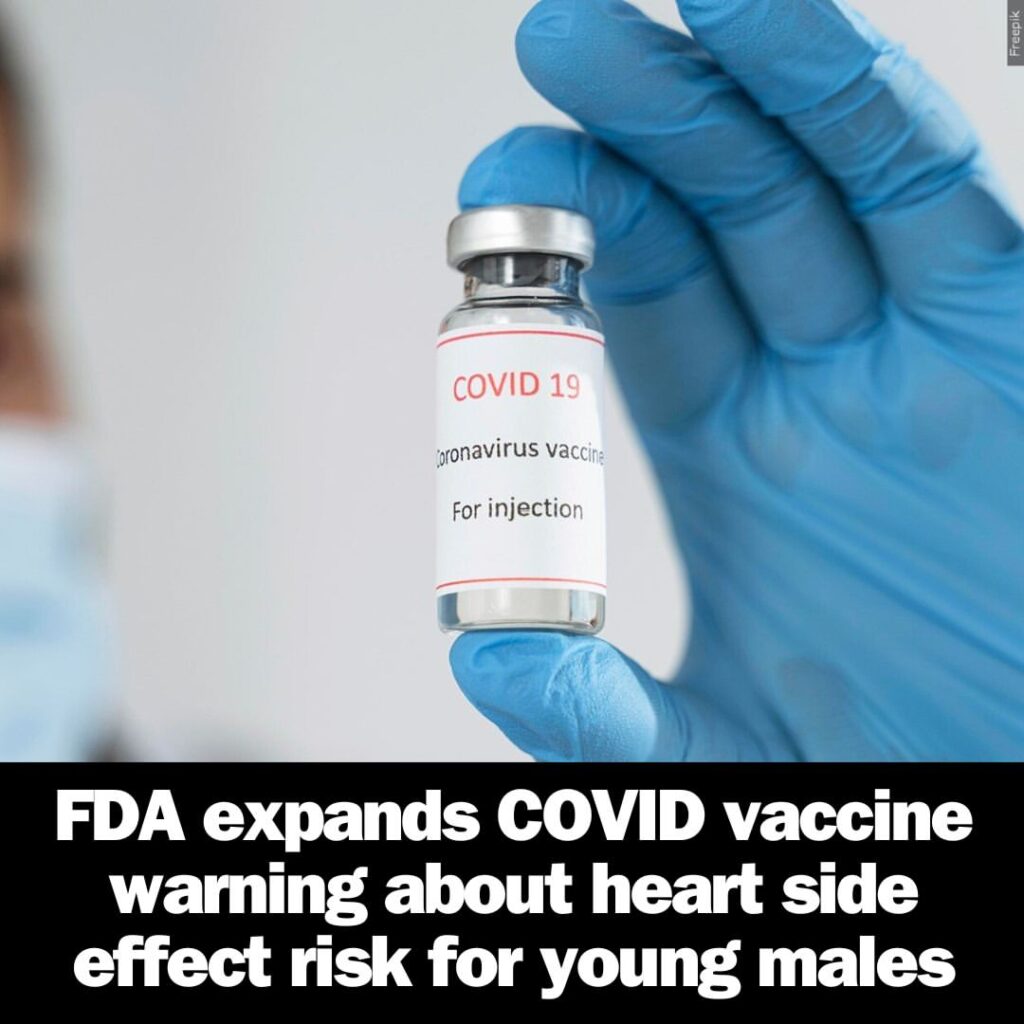
The U.S. Food and Drug Administration (FDA) has finalized and announced expanded warnings for the risk of heart inflammation—specifically myocarditis and pericarditis—associated with the Pfizer and Moderna COVID-19 vaccines. These updated warnings now require both companies to include more detailed information about the rare but potentially serious cardiac side effects, particularly in younger males.
The revised labels will state that, based on analyses of commercial health insurance claims data, the estimated incidence of myocarditis and/or pericarditis within 1 to 7 days after receiving the 2023-2024 COVID-19 vaccines is approximately 8 cases per million doses in individuals aged 6 months to 64 years. Among males aged 12 to 24, the risk is notably higher, with about 27 cases per million doses reported. Earlier warnings had focused on adolescents aged 12 to 17, but the new language broadens the age group to reflect the latest data.

The FDA’s action follows letters sent to both Pfizer and Moderna in April, urging them to update their prescribing information with more explicit warnings and to cover a wider population. Both companies had already included cautions about heart inflammation in their labeling since 2021, but the FDA sought to provide clearer, more specific risk information.
Notably, the FDA’s updated warning appears to diverge from some earlier findings by other U.S. government agencies. The Centers for Disease Control and Prevention (CDC) previously reported that, since 2022, there was no increased risk of myocarditis detected in government vaccine injury databases. CDC officials have also emphasized that most cases of myocarditis following vaccination are mild and resolve quickly, and that the risk of myocarditis from a COVID-19 infection itself is generally greater and more severe than the risk from vaccination.
The new labeling also references follow-up studies of patients who developed myocarditis after vaccination. Cardiac MRI findings in these patients often showed signs of heart muscle injury, with improvement over time in most cases. However, the long-term clinical significance of these findings remains uncertain, and further studies are ongoing.
In summary, the FDA has strengthened its warnings about rare heart risks associated with the Pfizer and Moderna COVID-19 vaccines, particularly for young males, while continuing to monitor vaccine safety and provide updated information to healthcare providers and the public.


